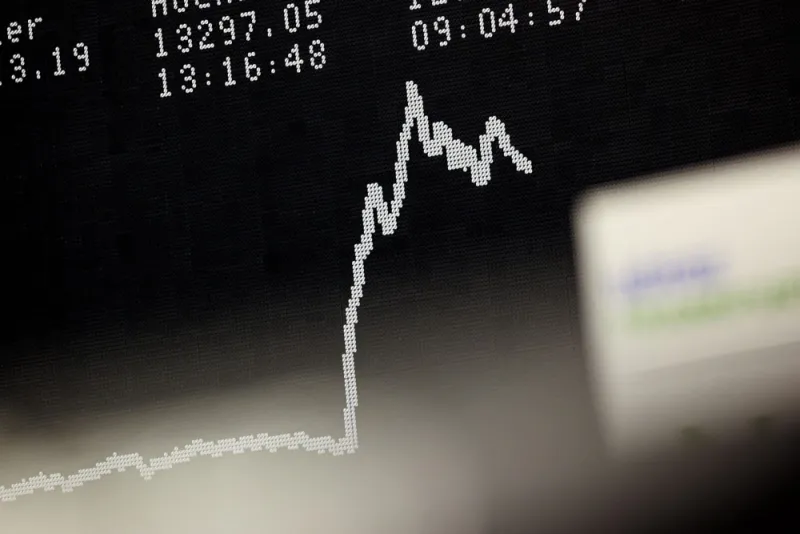Studies have shown that if a buyout fund outperforms, the manager’s next fund is likely to outperform, too. That doesn’t mean limited partners should rely on past performance when they’re making investment decisions, according to a new working paper from the National Bureau of Economic Research.
The paper argues that while previous studies have documented performance persistence among buyout vehicles, these results were based on the final outcomes of private equity funds. Most follow-up funds, however, are raised while their predecessor funds are still operating.
So, to determine whether past performance is actually a useful indicator for limited partners, authors Robert Harris, Tim Jenkinson, Steven Kaplan, and Ruediger Stucke examined performance persistence using “the information an investor would actually have — previous fund performance at the time of fundraising.”
“We find little or no evidence of persistence, for buyouts, both overall and post-2000,” they wrote. “The conventional wisdom to invest in funds that are, at the time of fundraising, reporting top quartile returns does not hold for buyouts.”
[II Deep Dive: Red Flags in Alluring Private Equity Track Records]
According to the authors, this lack of persistence is due to private equity managers intentionally raising new funds when previous funds are performing well, in order to attract investors.
“Very few GPs raise a fund when the performance of the previous fund is in the bottom quartile,” they noted.
The study was based on the performance of 893 buyout funds and 1,329 venture capital funds launched between 1984 and 2014. The researchers used private equity data from Burgiss, which collects information from limited partners.
While buyout funds were not found to demonstrate performance persistence during fundraising periods, the opposite was true for venture capital.
“We do find persistence for VC funds using the performance of both the previous and second previous fund at fundraising,” the authors wrote. “The stronger performance persistence for VC as compared to buyout suggests that GP skills and networks for successful VC investing are harder to replicate than is true in buyout.”







